G-20 2nd Disaster Risk Reduction Working Group delegates visit Emergency Operations Centre in Brihanmumbai Municipal Corporation Headquarters
The G-20 Disaster Risk Reduction Working Group (DRRWG) delegates are in Mumbai for their second meeting starting today. The delegation having more than 120 members are in the city for the three-day’s meeting and today visited the heritage building of Brihanmumbai Municipal Corporation (BMC) headquarters. The G-20 DRRWG delegates received a traditional Maharashtrian welcome. They did a study-tour of BMC’s Disaster Management Department. The members of the delegation appreciated the Municipal Corporation’s preparedness to handle various disasters as well as the prevention and mitigation measures of BMC. The delegation also appreciated the magnificent and spectacular architecture of the 128 years old BMC headquarters.
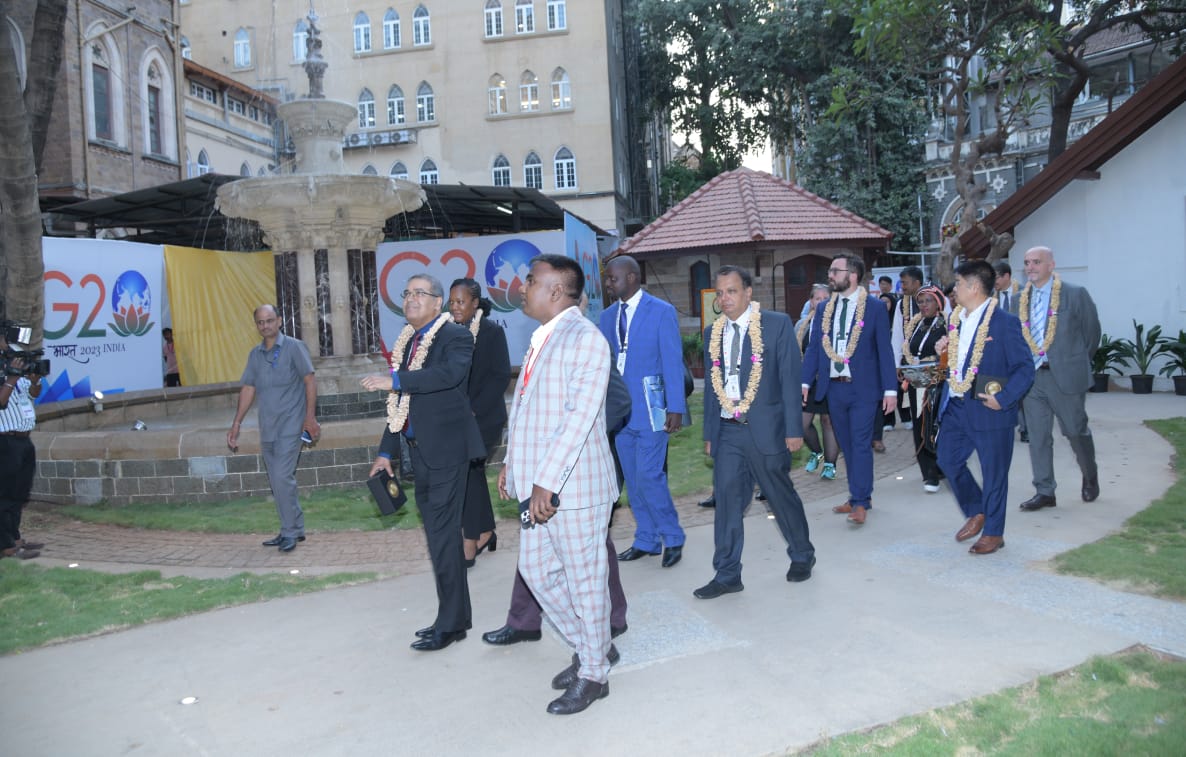
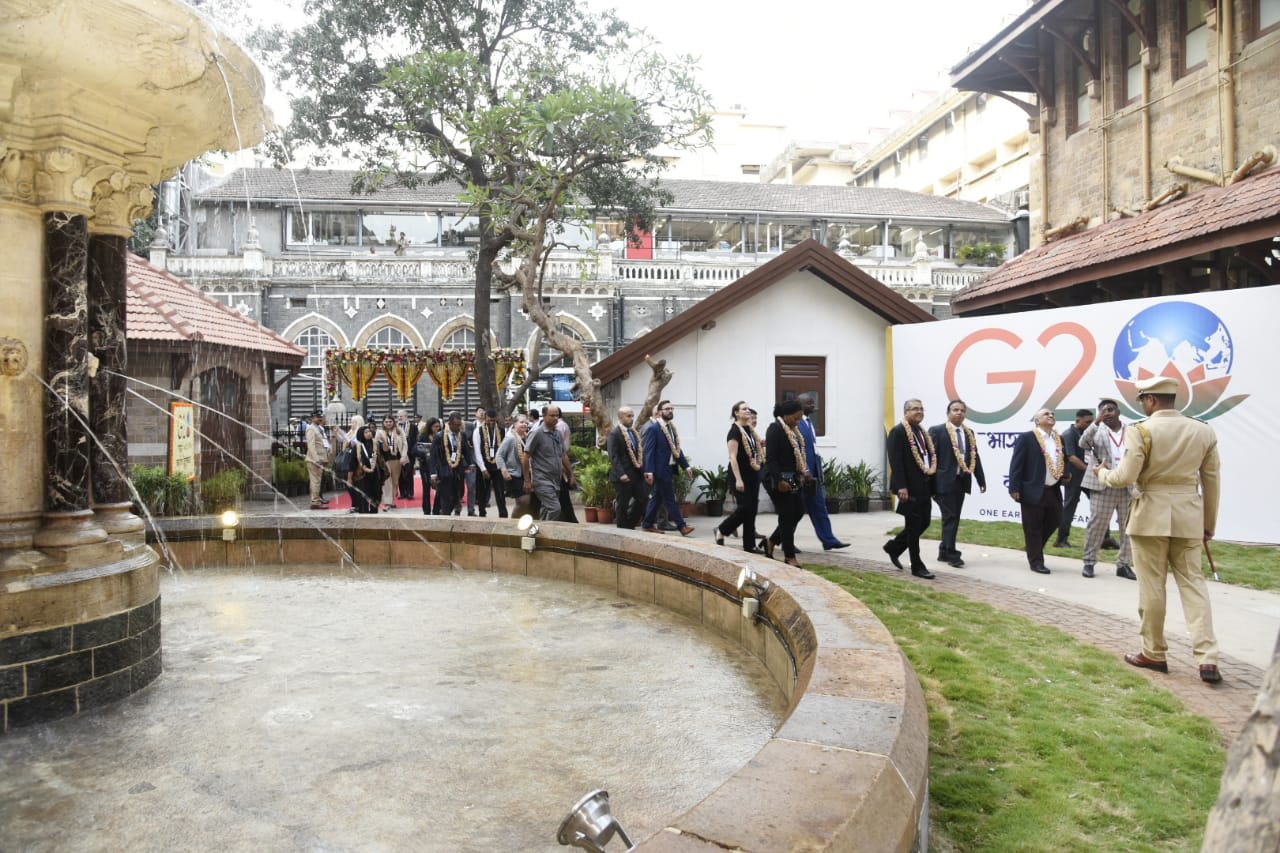
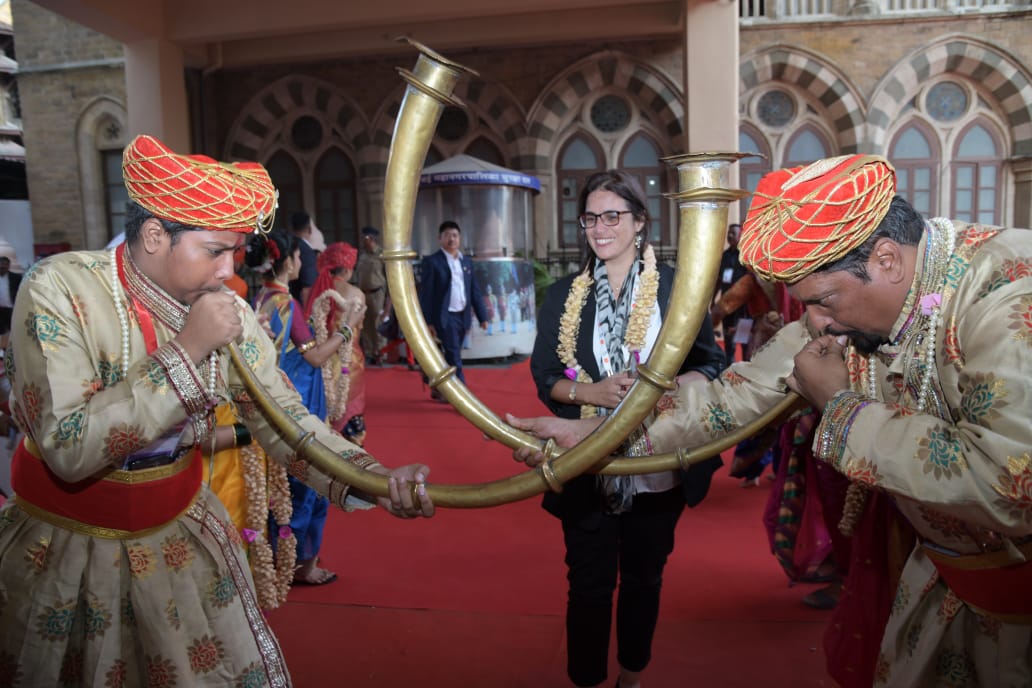
The Commissioner and Administrator of Brihanmumbai Municipal Corporation Dr. Iqbal Singh Chahal, Additional Municipal Commissioner (Eastern Suburbs) Ashwini Bhide, Additional Municipal Commissioner (City) Ashish Sharma, Additional Municipal Commissioner (Projects) P. Velrasu, Additional Municipal Commissioner (Western Suburbs) (Additional Charge) Ramesh Pawar, Joint Commissioner (General Administration) Milind Sawant and senior officials of the Municipal Corporation were present on this occasion.
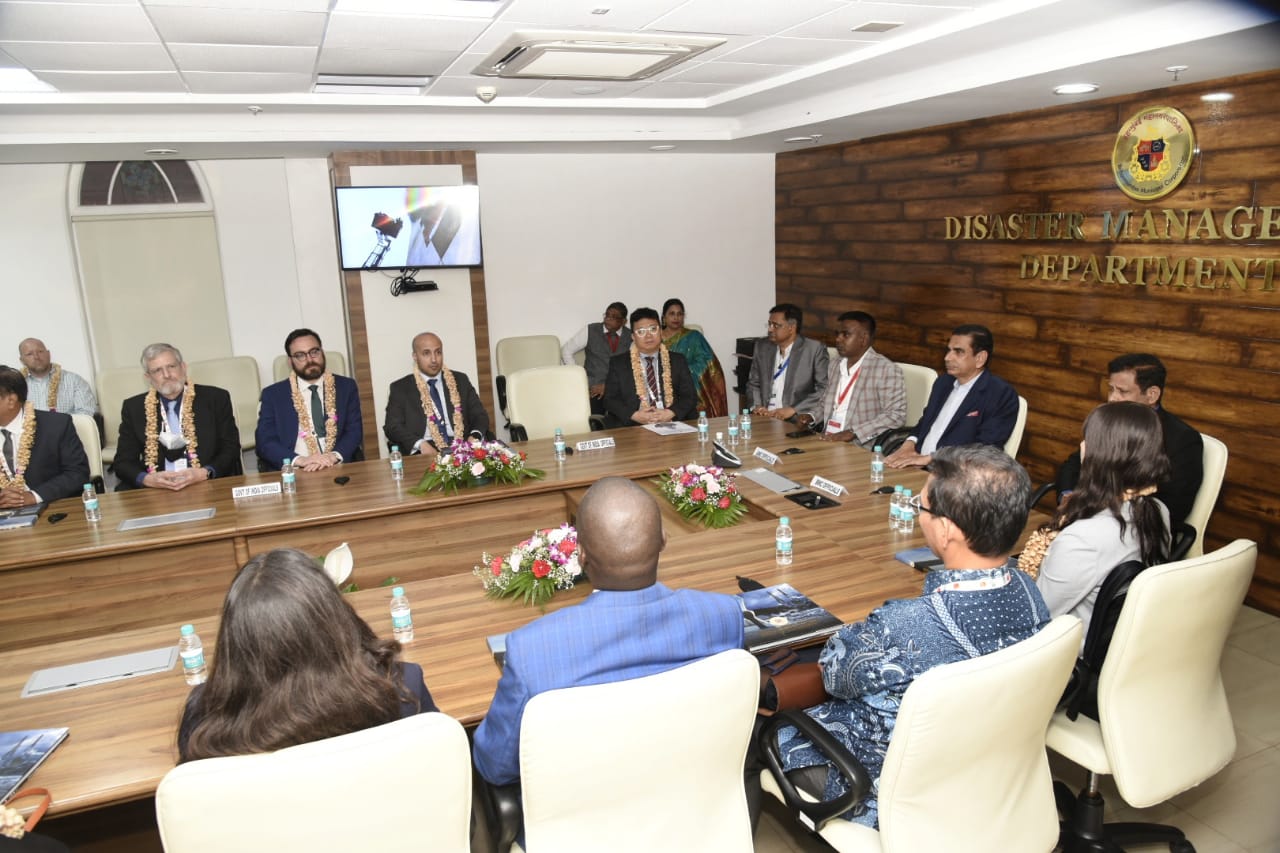
Various measures taken by the Municipal Corporation for prevention, mitigation and preparedness in accordance with various emergency situations, the performance of the Emergency Operations Centre during various natural and man-made disasters in Mumbai so far, the equipment of the Emergency Management Department, the efforts made to increase public participation, etc. was presented and explained to the G-20 delegates.
After the 1993 Latur Earthquake, Government of Maharashtra by its notification had directed all districts to set up their control rooms for communication and coordination purpose. In 1999, a Disaster Management Unit (DMU) was set up at the BMC Head Office basement in approx 500 sq. ft area with 3 telephone lines, 2 hotlines and VHF connectivity with 33 stakeholders. The 26th July, 2005 deluge, which is etched in everyone’s mind when the Mumbai Metropolitan Region witnessed record rainfall and subsequent flooding leading to loss of lives and properties, highlighted the importance of Emergency Operations Centre (EOC). Within a year, the control room was expanded to 4000 sq. ft area with modern equipment to handle emergency situations effectively with a limited staff. Further, in the year 2017, Disaster Management Department was expanded and shifted on the second floor and it started operating from a 7000 sq. ft area.
The EOC works round the clock throughout the year. It serves as a Command and Control agency between the administration and field units. It is a single-point source for all issues related to disaster management. It coordinates with various key stakeholders for quick and effective response during a disaster. The EOC is assigned with a dedicated 1916 helpline number for the citizens having 60 hunting lines. In addition to this an array of communication system like land lines, hot lines, cellular phones, DMR etc is available in control room. EOC is also equipped with HAM radio setup. All types of complaints related to disasters / emergencies along with civic complaints are received at the EOC. The complaints are then forwarded to the concerned agencies and, thereafter, regular updates are taken and communicated to the citizens.
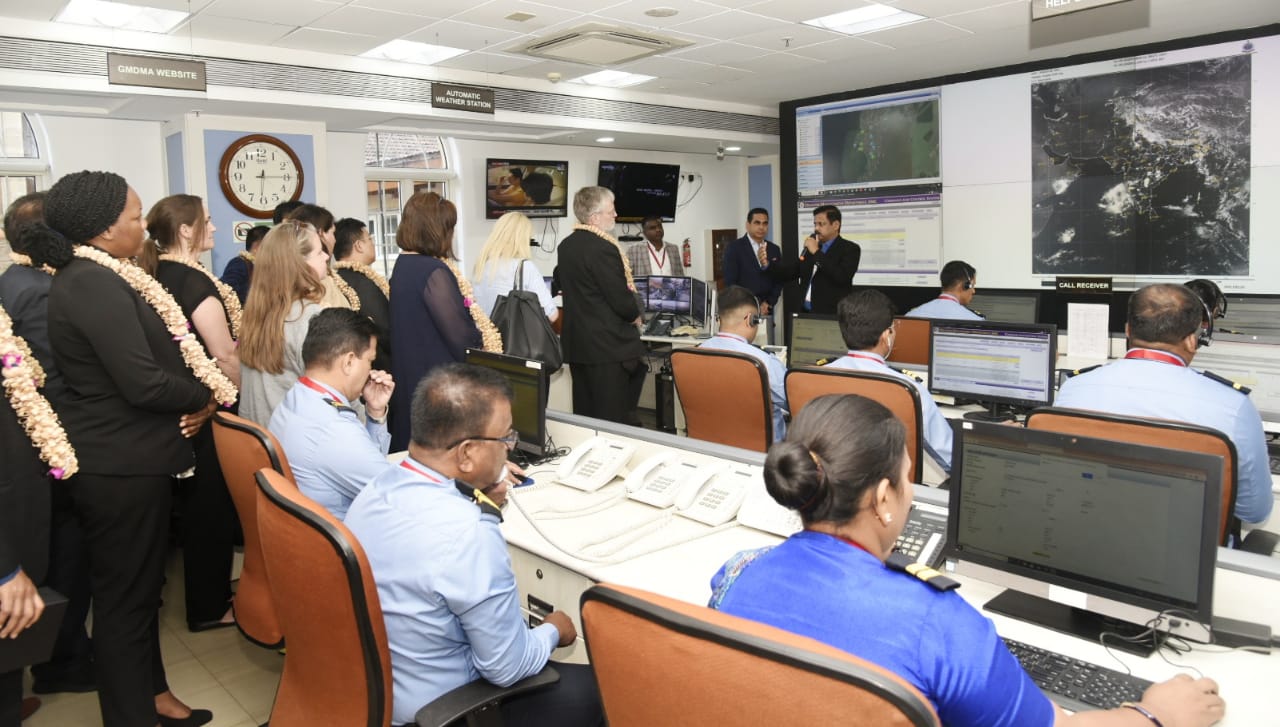
The BMC Disaster Management Department is preparing Multi Hazard, Vulnerability, Risk Assessment Plan in association with UNDP. The said plan will be available on ArcGIS platform for decision support system. The Disaster Management department is also in process of developing various predictive/early warning system modules of various hazards for early action. The same will also be made available for citizens. Considering the importance of citizens’ participation and making the community resilient, NDMA took an initiative by which BMC’s Disaster Management Department has trained 1000 volunteers who will work with BMC during the crisis as ‘Aapada Mitra’ and ‘Sakhi’.
After the visit to BMC Control room and the walk in the BMC heritage building, the DRRWG delegates will also visit the iconic Gateway of India and watch a light and sound show.

